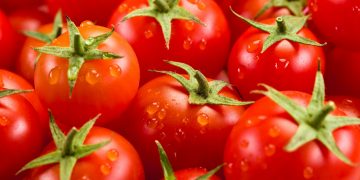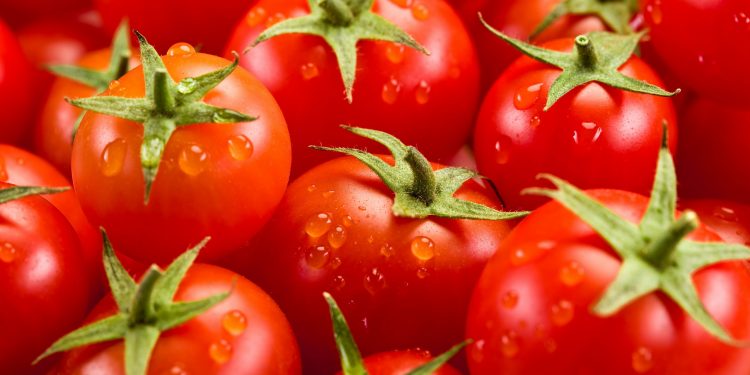Seasonal Factors and Logistical Challenges Drive Tomato Price Surge
In recent months, Nigeria has experienced a notable increase in tomato prices, a trend attributed to seasonal changes and heightened transportation expenses. Contrary to some reports, the pest ‘Tuta Absoluta’ has had a lesser impact on current prices compared to other factors. Mira Mehta, popularly known as Tomato Jos, emphasizes that the wet season has significantly reduced tomato availability, leading to price hikes typically observed every June.
The seasonal rains in Nigeria have a pronounced effect on tomato cultivation. The increased moisture during the wet season disrupts optimal growing conditions, thereby reducing yields and driving up prices. This annual pattern sees prices soar due to diminished supply, directly impacting both farmers and consumers.
Transportation challenges further exacerbate the situation. Poor road conditions and the substantial distance between northern tomato-growing regions and major markets like Lagos contribute to the escalating costs. Transporting 335 to 370 baskets of tomatoes on 12- and 14-tyre trucks can cost between N3.1 million and N3.3 million. These expenses are compounded by additional charges for loading and unloading, as well as unofficial payments to law enforcement and council officials along the routes.
Despite Nigeria’s status as Africa’s second-largest tomato producer, the sector faces significant inefficiencies, notably a 50% wastage rate. This wastage is primarily due to inadequate storage, handling, and transportation infrastructure. The high rate of spoilage underscores the critical need for improved logistics and storage solutions to preserve produce quality from farm to market.
While ‘Tuta Absoluta,’ a pest that has wreaked havoc on tomato crops in Kano and other states, cannot be entirely dismissed, its influence on the current price surge is secondary to the more pressing issues of seasonal production and logistical inefficiencies. The pest has caused significant losses in the past, but the present price increases are more directly tied to the cyclical challenges of the wet season and the difficulties in transporting tomatoes efficiently.
This situation highlights the urgent need for advancements in agricultural practices and infrastructure. Improving road conditions, investing in better storage facilities, and developing efficient transportation networks are essential steps to mitigate these recurrent issues. By addressing these challenges, Nigeria can better stabilize tomato prices, reduce wastage, and enhance the overall efficiency of its agricultural sector.































